Our brain is an organ worthy of admiration and full of interesting processes. If you find out the details of his work, without even delving into scientific facts, the idea of it immediately changes. This is the most energy intensive organ in the human body with 86 billion neurons that transmit information at a speed of 431 km/ h. He works every day, even during sleep, supporting all our systems. Let's find out some interesting brain facts. 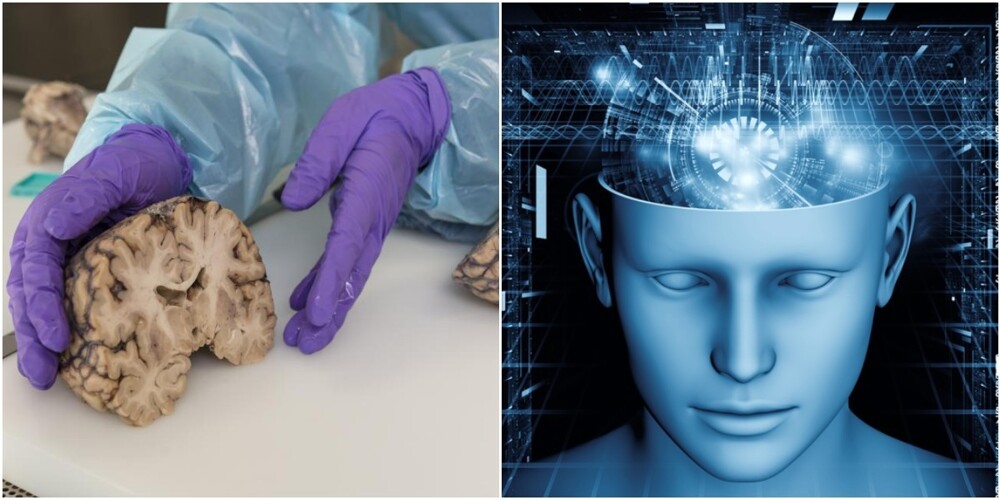
1. The brain is the most energy-consuming organ in the human body 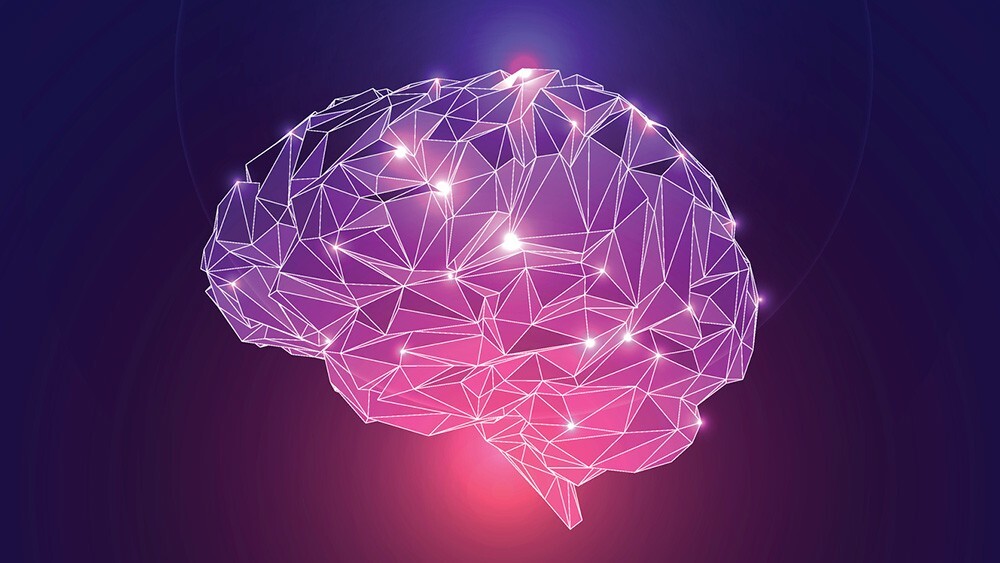
Despite its small size, the brain is our most energy consuming body. It weighs only 2% of our total body weight, and consumes more than 20% of the total energy. Mainly she used to transmit electrical signals, but the power consumption different parts of the brain. For example, gray matter, responsible for most of the information processing, consumes more energy than white matter that transmits impulses between the spinal cord and brain. Specific tasks - e.g. auditory processing signals - require even more energy due to the need for fast and accurate transmission of information.
All this energy is used not only when we are actively think or something busy, but also in a relaxed state. Even during sleep, the brain processes information and maintains important systems. AND yes, the brain does not have a power saving mode - it always works. A You can maintain its effectiveness through a healthy lifestyle and water balance.
2. Our brain and its neurons are like one big "airport" 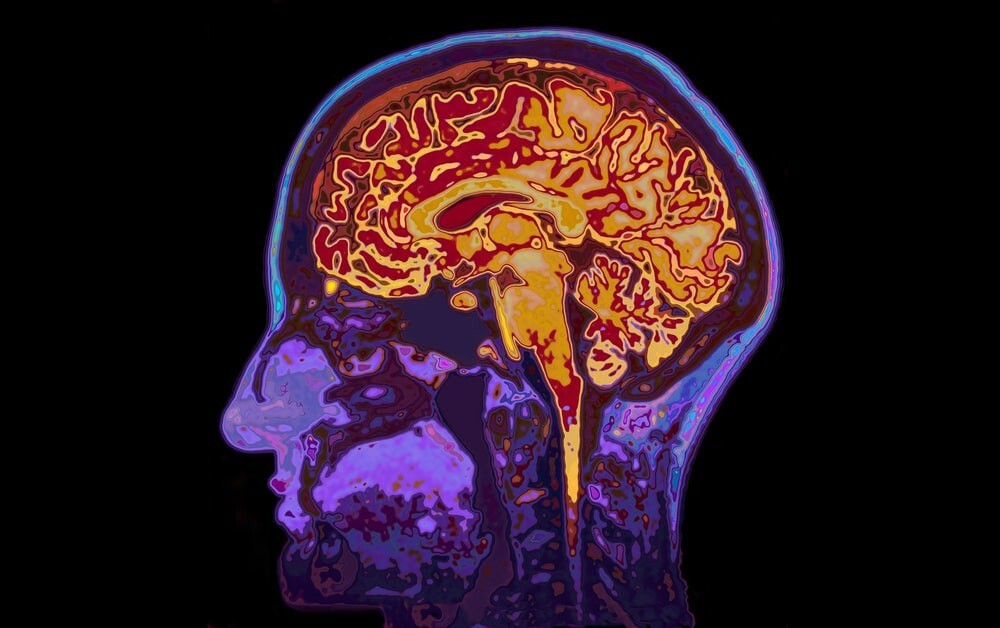
The human brain contains 86 billion neurons, each which forms approximately 10,000 bonds. This whole system can imagine as a giant airport with 86 billion gates, and at each exit there are 10 thousand flights that go to other exits within the same airport. Each flight carries a different information. It's all - our brain, loaded with data, constantly active and containing related elements. Sometimes you can forget something, and remember only after a while - this is not because the place for storage, but because managing all this "airport" is the most difficult process.
3. Neurogenesis is a process that is with us all our lives 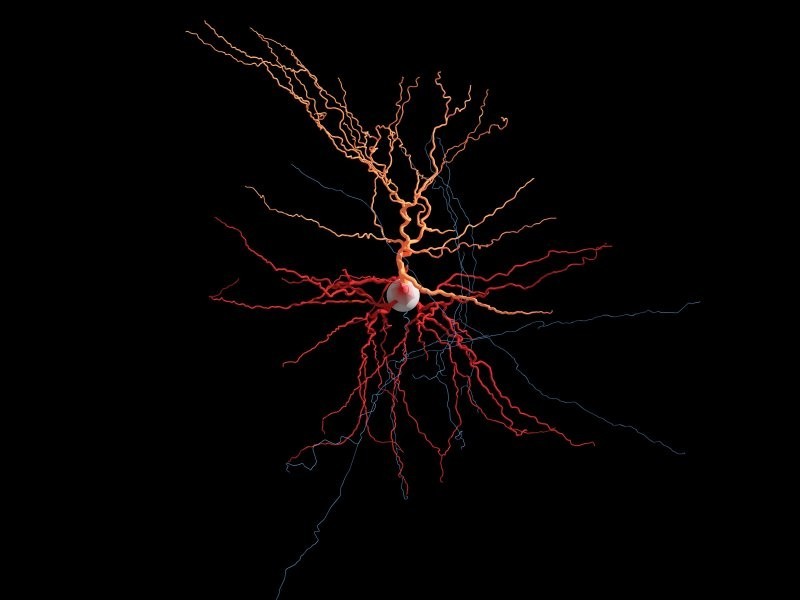
Neurogenesis is the process of formation of new neurons. He begins when we are in the embryonic state. The older we are become, the slower this process proceeds - but it never stops. The process of neurogenesis is facilitated by learning and physical exercise, but slows down its stress, chronic lack of sleep and abuse, such as toxic substances. Due to lack nutrients and vitamins, as well as due to oxygen starvation Neurons die and do not regenerate. But if some neurons are damaged or weakened, the brain reorganizes its activity and adapts. The term for this adaptability is neuroplasticity. It is responsible for the speed of adaptation of the brain to changes, whether voluntary or forced.
4. The brain needs water 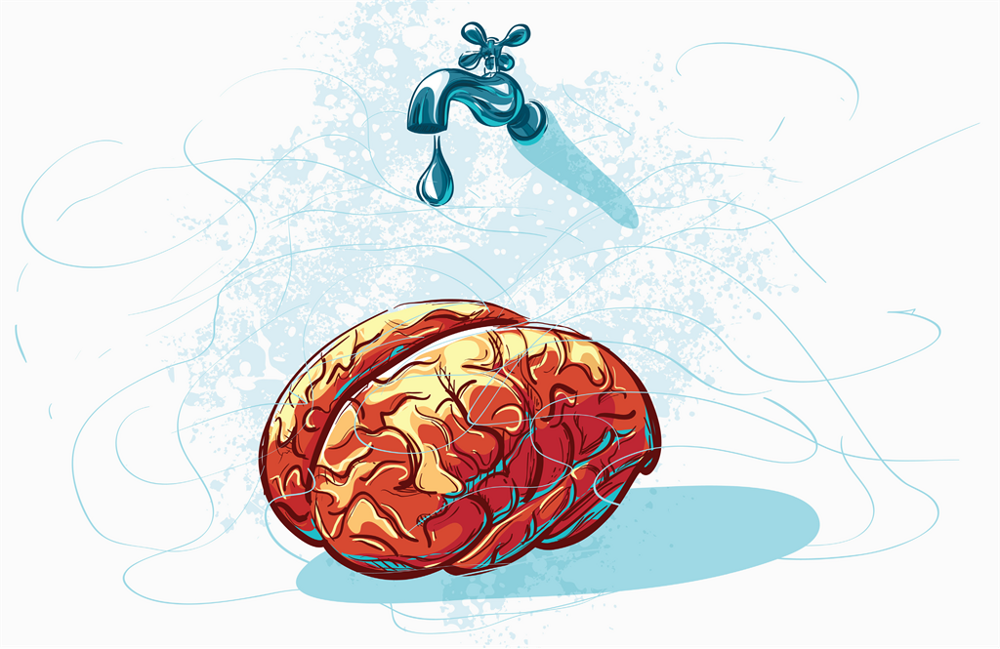
Our brain is 73% water. Water plays a vital role in cellular communication and nutrient transport in the brain. Studies have shown that a 1% decrease in brain hydration can lead to a decrease in cognitive functions by 5%. Problems with short-term memory in humans begin with a decrease in the level brain hydration by 2%. Let's drink water, gentlemen!
5. Information in the brain can be transmitted at a speed of 431 km/ h 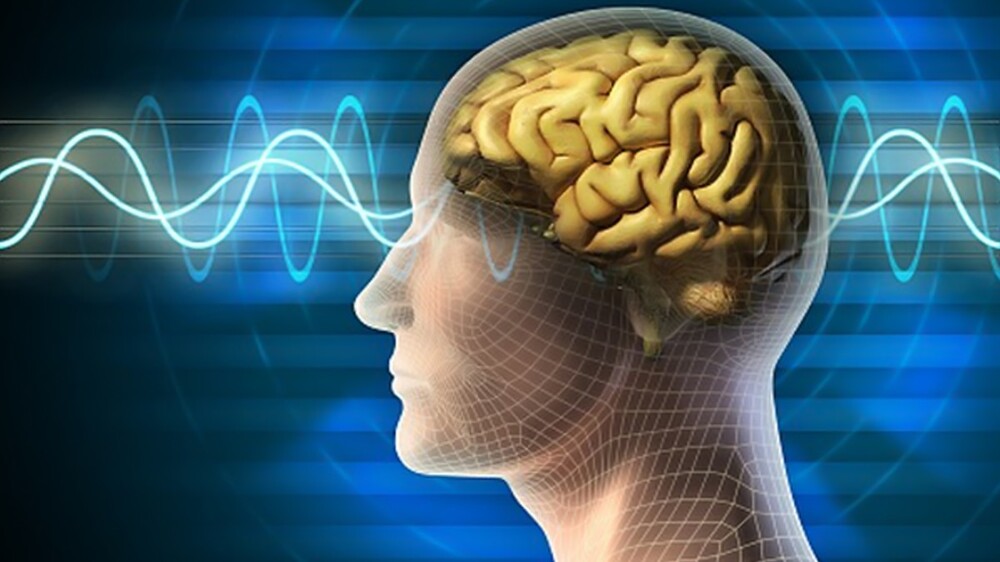
Information in the brain is transmitted at different speeds. depending on the types of neurons and other factors - from 1.6 km/h to 431 km/h Many things affect this speed: the health and efficiency of neural networks, strong neural connections, optimal levels of neurotransmitters (such as dopamine and acetylcholine), exercise. Latest increase blood flow throughout the body, including to the brain, where more oxygen and nutrients are supplied. Also useful exercises to "train" the brain that challenge it and create new experience.
6. Our brain has a complex system of blood supply and nutrient intake. 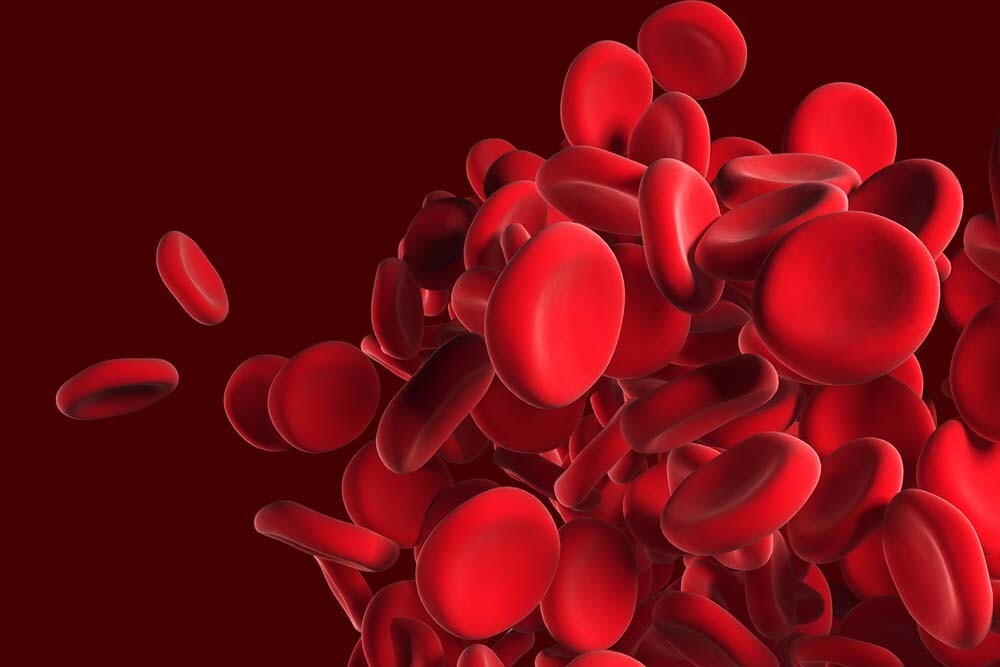
To meet their high energy needs The brain needs a constant blood supply. That is why it is so important blood vessels. They provide a constant flow of blood, which delivers oxygen, glucose and other nutrients to cells, simultaneously removing metabolic products. Also, our brains are picky in terms of incoming substances. The blood-brain barrier (BBB) between blood and nervous tissue literally "filters" what substances and with what quickly penetrate into the central nervous system from the blood. Besides, different parts of the brain need different rates of intake of substances and pressure - a network of capillaries is responsible for this.
7. People use the brain much more than 10% 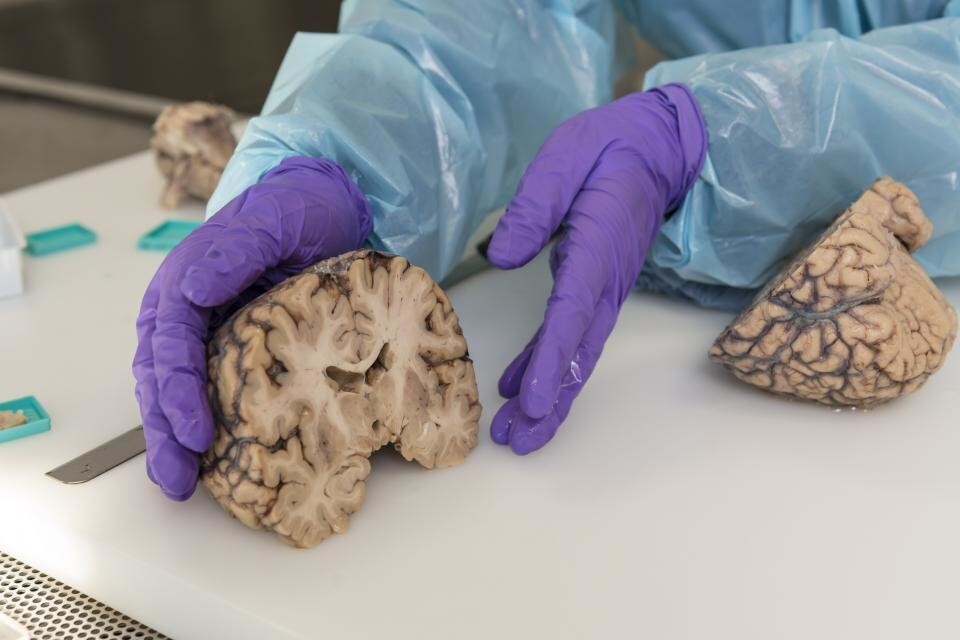
Many have heard that we allegedly use only 10% of our brain. But experts call it a myth. In 1907 he was mentioned Professor William James, in 1936 - writer Dale Carnegie, this a common fact is mentioned in many articles and films. However, according to modern experts, we have no idea which part of the brain used. One thing is clear: most of the time, almost every part brain is active.
The fact of the dominance of the right or left is also considered a myth. hemispheres. Studies show that both hemispheres are involved in cognitive functions, and none of them can "dominate".
8. During work, neurons communicate with each other, and the brain heats up. 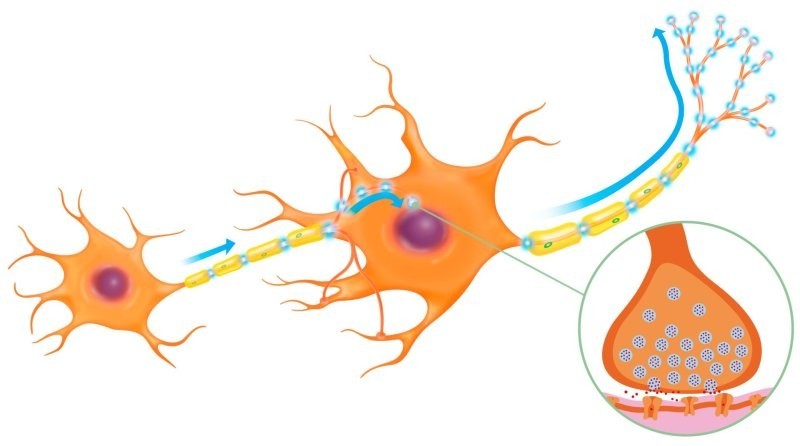
Every time we force the brain to work, for example, remember the lyrics of a song or count something, neurons send each other other electrical signals. Alone, they "generate" not so much energy - from 12 to 20 watts. But it's enough to feed low power light bulb. The more the brain works, the more more energy is spent, and yet - the more it heats up. Medium the temperature of our brain is 38.5°C, and in the deeper regions or during intensive mental work, it often exceeds 40 ° C. But even in In this case, everything is thought out in the brain. Under intense load or stress our brain increases blood supply to satisfy our more high energy requirements to achieve maximum performance.
9. The brain becomes "adult" at 25 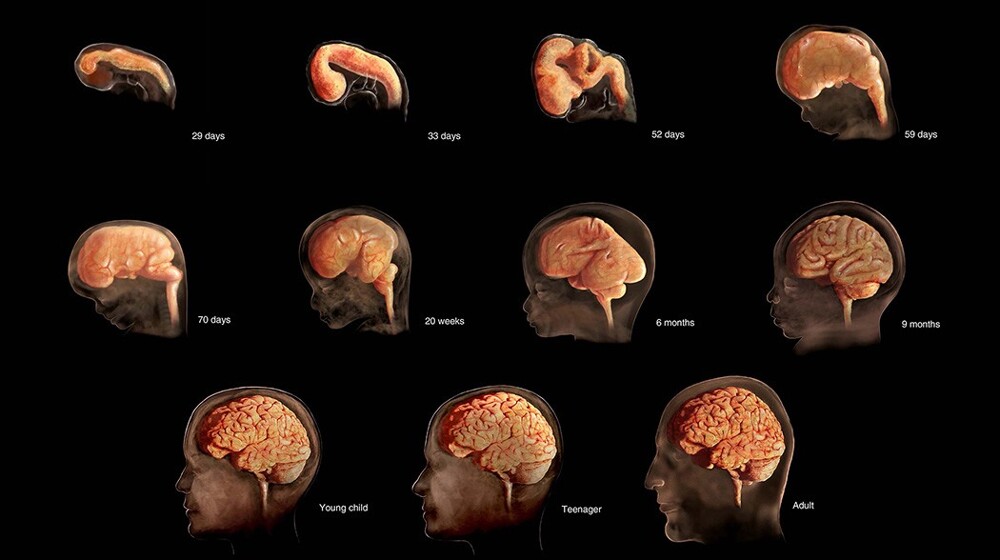
In fact, the brain reaches full maturity by the age of 25. It is then that the prefrontal cortex is formed, which is responsible for manifestation of personality, decision making, control of impulses and management challenging tasks. However, the ability of the brain to develop and adapt does not stop throughout life.
10. Our brain can store 2.5 million gigabytes of information. 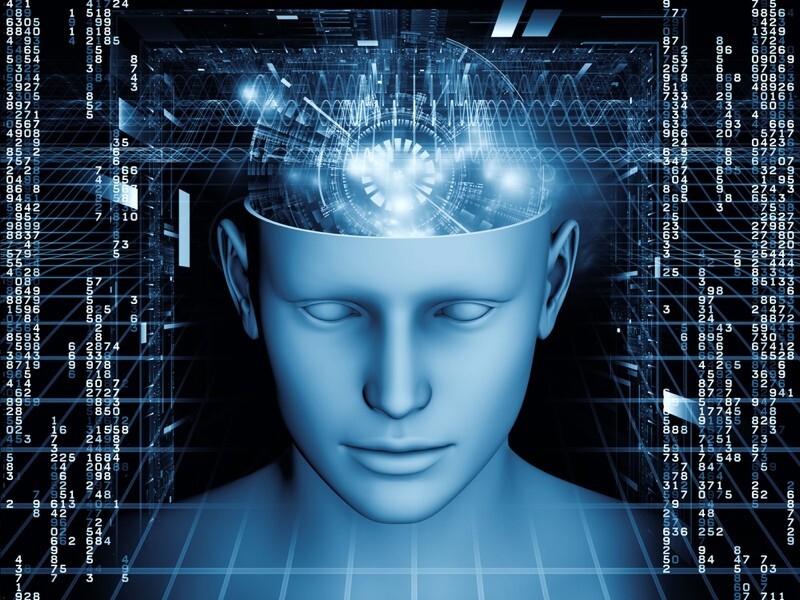
The memory capacity of the human brain is about 2.5 million gigabyte. This is equivalent to, for example, 3 million watch hours TV shows. Our brain has an incredible ability to remember practically everything. But if you walked into the room, and suddenly forgot why you were going - the brain still remembers it.
Add your comment
You might be interested in:





















